Tenant Responsibilities in Rental Properties – Part 2: Contracts, Conduct & Consequences
England & Wales
In Part 1, we looked at the general (implied) responsibilities tenants have when it comes to repairs and basic maintenance. Now, let’s look at the contractual responsibilities—what tenants agree to when they sign the tenancy—and what happens if they don’t hold up their end of the deal.
📄 What Does the Tenancy Agreement Say?
Your tenancy agreement sets out specific obligations—many of which mirror the law, but are important because:
They’re clear and tailored
Harder to deny or dispute
More enforceable in court
Here’s what tenants typically agree to:
💨 Preventing Damp & Mould
Tenants are expected to heat and ventilate the property properly.
This means:
Using extractor fans
Not drying clothes indoors without ventilation
Not blocking airflow
If there’s a bigger issue (like a leak or damp-proof failure), the landlord is responsible—but the tenant must not make it worse through inaction.
🛠 Reporting Repairs
Tenants must report any damage, defects, or mould as soon as they notice it.
Delaying could make the issue worse and leave the tenant liable for the cost of the damage.
🚪 Access for Repairs & Inspections
Landlords (or agents/contractors) have the right to access the property for inspections or repairs with at least 24 hours’ written notice.
Tenants should:
Be present or arrange access
Avoid changing locks without permission
Not block or delay access
Cover costs if access is denied and issues worsen
🪑 Looking After the Landlord’s Belongings
Tenants must take proper care of fixtures, fittings, and furnishings.
This includes:
Not removing or damaging items
Not storing furniture in damp or unsuitable places
Following any instructions about storage (e.g. not using lofts)
Garden maintenance is also the tenant’s responsibility unless stated otherwise. Tools are not usually provided, and tenants should be prepared to maintain the space or hire help if needed.
👥 Damage by Visitors
Tenants are responsible for damage caused by themselves or their guests—whether accidental or not.
If something breaks, they must either:
Pay for professional repairs, or
Fix it properly (if qualified to do so)
🧼 Cleanliness & Decoration
Tenants are expected to keep the property clean and hygienic. Poor cleanliness could cause pest infestations or lead to deductions from the deposit.
Want to redecorate?
Ask first, agree on colours, and do it to a professional standard. If not, you may be required to put it right at your own expense.
🚨 Emergencies & Repairs
Tenants should only arrange repairs themselves in a genuine emergency (e.g. a burst pipe causing damage).
Non-urgent issues like a faulty shower (when another is available) should wait for the landlord to respond.
🔒 Routine Safety & Checks
Tenants are responsible for basic safety checks, including:
Testing smoke and carbon monoxide alarms (ideally monthly)
Reporting faults with gas, electrics, or water
Neglecting these could create health risks and lead to tenant liability for any damage.
🏢 Shared & Communal Areas
Tenants in flats or HMOs must:
Keep hallways and shared areas clear
Avoid creating fire hazards
Follow rules around storage and cleanliness
Storing electric bikes or scooters indoors, for example, may void insurance or breach fire safety rules—so always check what’s allowed.
⚖️ What Happens If Tenants Don’t Comply?
Breaching your tenancy agreement can lead to:
Loss of your deposit
Charges for cleaning or repairs
Legal action and court costs
Eviction under Section 8, Ground 12
Landlords are within their rights to take back possession if the tenant consistently breaches contractual or legal obligations.
✅ Final Thoughts
Being a good tenant is about more than paying rent on time. It’s about taking reasonable care of your home, acting responsibly, and cooperating with your landlord or agent.
Many responsibilities—like reporting issues or using a chopping board—may seem like common sense. But including them in the tenancy agreement makes things clear and enforceable, helping avoid disputes later.
A well-looked-after property benefits everyone—it protects the landlord’s investment and creates a better living experience for the tenant.
🔍 Need advice on tenancy agreements or tenant responsibilities?
At Iles & Jenkin, we’re here to support landlords and tenants with clear guidance and professional property management.
📞 Call us on 01934 512537
📩 Email: lettings@ilesandjenkin.com
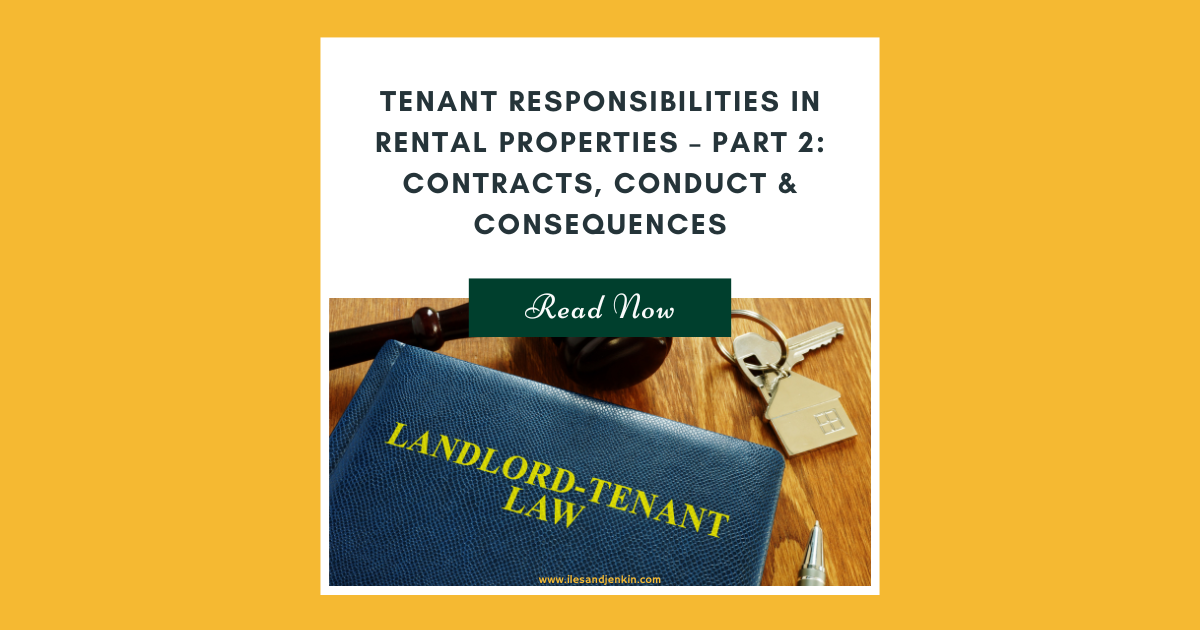
 By
By 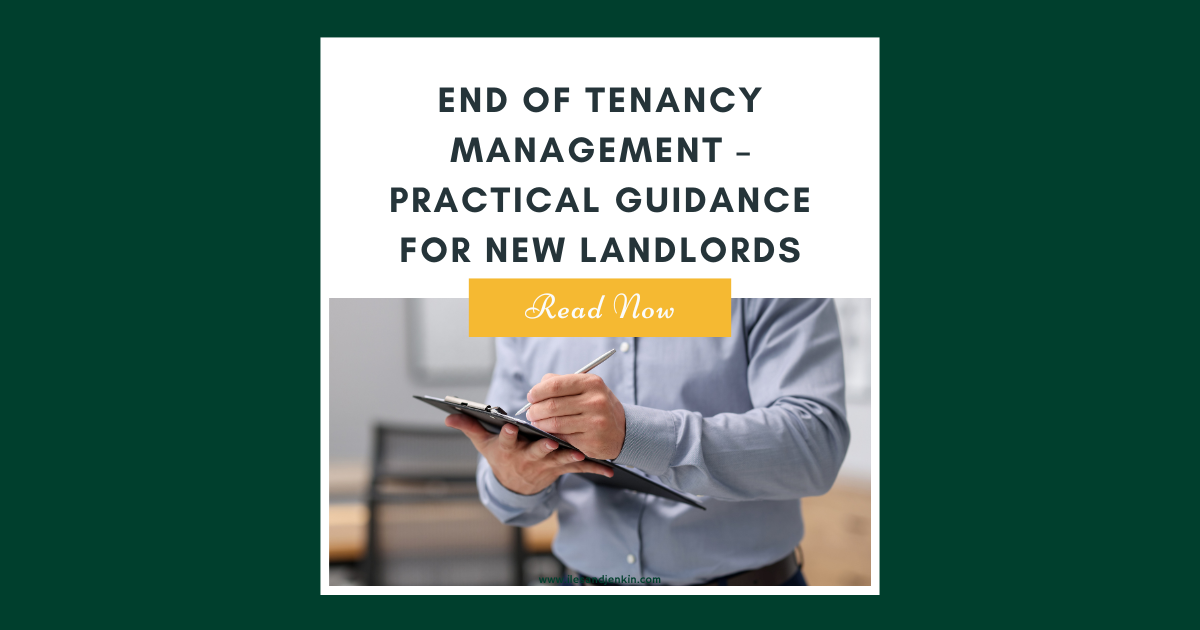
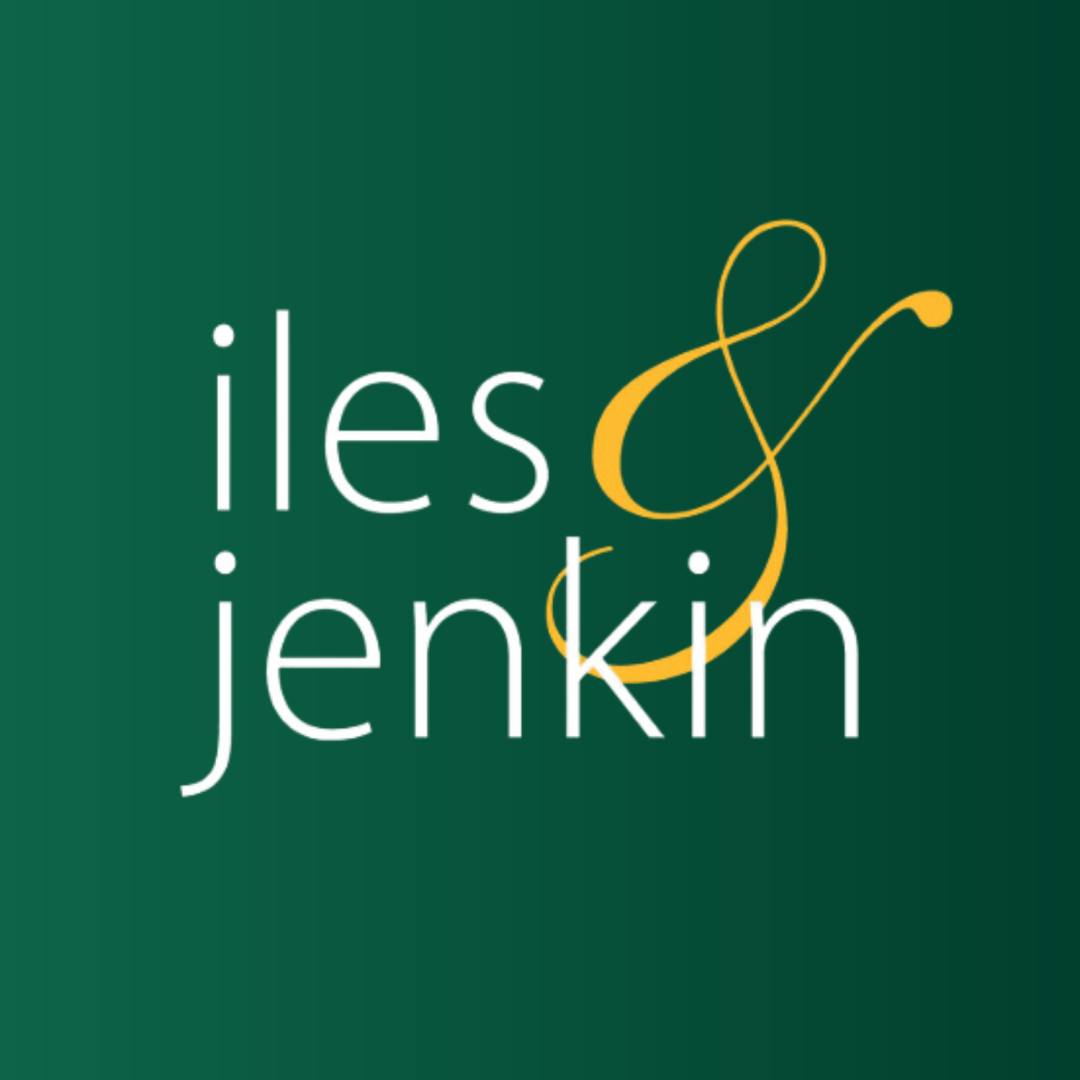 posted by
posted by 

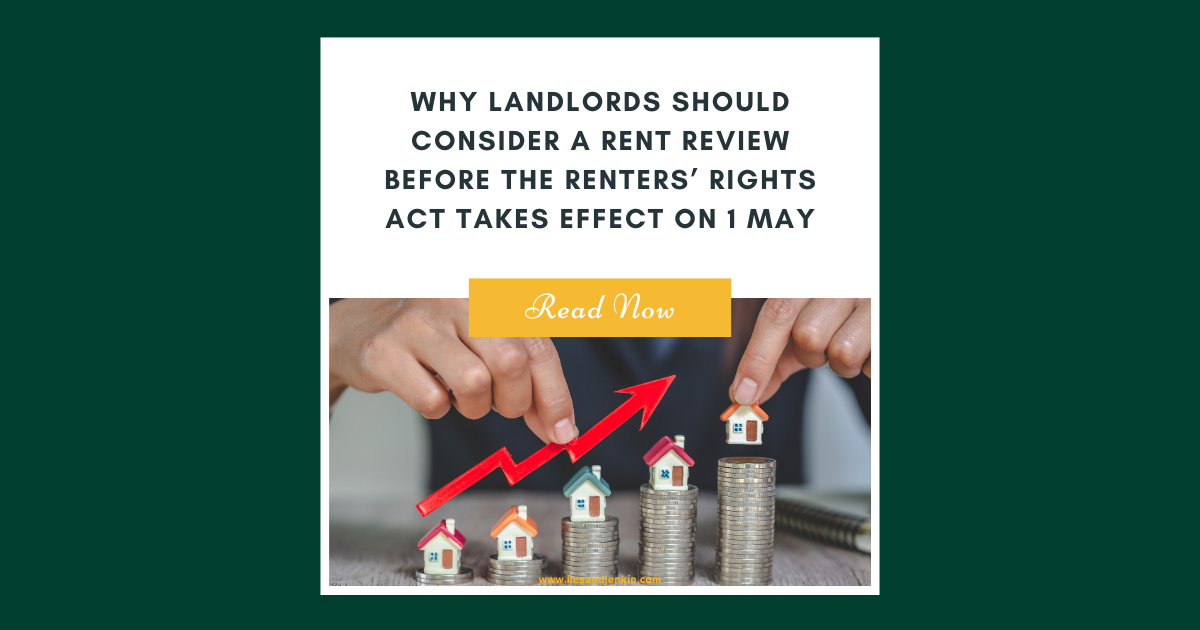
Share this with
Email
Facebook
Messenger
Twitter
Pinterest
LinkedIn
Copy this link